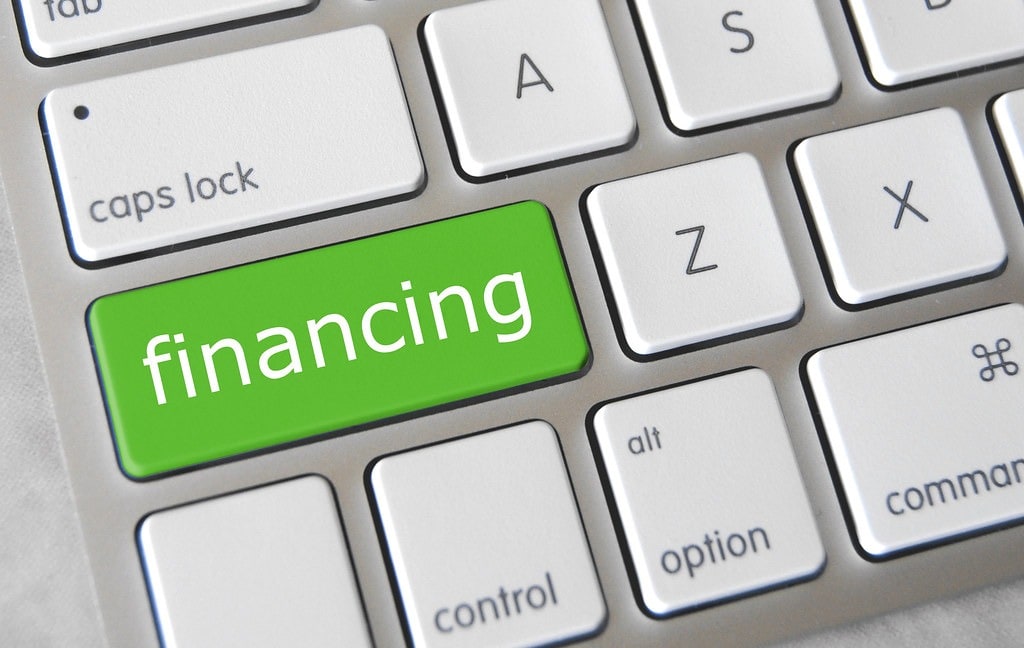
You've decided it's time for a new car, truck, or SUV. Researching the available models and finding one that fits your needs takes patient research, but even once that's done, the search is not complete. Your next big decision is how you'll pay for your new set of wheels. Most people will have to decide on the merits of leasing versus buying the car. There's no single correct answer for everyone. Both vehicle financing methods have pros and cons — only you will know what's best for your family.
However, the experienced sales and finance team at Victorville Chevrolet knows a thing or two about how these processes work and welcomes the chance to share their experiences with you in person. We've compiled this guide on leasing versus buying a Chevrolet to provide the basic information and prepare you to ask the right questions.
Leasing 101

With images of low monthly prices dancing in your head, you may be wondering about how leasing a car works. Think of it as renting a car. You're paying the finance company monthly for the right to drive the car for a specific time period — but never take ownership of it.
As part of your leasing contract, you agree to return the car to the dealer or manufacturer after the specified lease period. In most cases, the leasing contract requires you to carefully manage the number of miles you drive each year. That figure is calculated as part of the leasing agreement, and you must pay extra if you exceed the limits. Typical mileage limits are either 10,000 or 12,000 miles per year. You can also pay for additional miles up front.
In essence, the dealership or manufacturer has loaned you the car, and, according to Kelley Blue Book, you are paying them back a dollar figure that covers the car's lost value, plus interest. In contrast, when buying, drivers are loaned the money to pay for the vehicle and pay interest over the loan term.
Pros/Cons of Leasing
Leasing presents an intriguing option with several advantages. With a lease, you pay for the car's depreciation over a short period. This typically results in a lower monthly lease payment.
However, there are some trade-offs involved. Lease agreements typically limit how many miles you can drive your car in a particular year. You must pay an additional fee per mile if you exceed that limit. It can add up, with some leases charging 25 cents a mile for exceeding mileage limits. You may also face fees from extra wear and tear to cover scratches, dents, stains, or other types of damage.
Another downside to leasing is that you are not generating any equity in the vehicle. At the end of your loan, you need to decide what to do next: purchase the car outright, return it to the dealer, or lease a new one. However, the plus side of turning over a car every two to four years is that it ensures you will always drive a vehicle with the latest features. And most of the time, the warranty on the auto will be in effect during the loan.
How Does Financing/Buying Work?
Let's look at the other option for paying for your car. How does financing/buying a vehicle work? It's a very similar process, but there are significant differences.
Financing/buying requires qualifying for a loan from a bank, credit union, or other financial institution. You must provide the financial institution with important information about your household balance sheet to convince them to give you the loan. The institution will want to know how much money you make, an estimate of how much you owe to credit card companies or other creditors, and details about your job and how long you've had it. One key piece of information will be your credit score, which is a calculation that estimates the likelihood of you paying the loan back on time and in full.
Pros and Cons of Financing/Buying
Buying a car with a loan offers several advantages over leasing. Most significantly, when you are done making monthly loan payments, you own the vehicle. You've paid for it outright. Because you own it, you are free to sell the car, recoup some of its value, and use the proceeds to offset the cost of your next vehicle. Because the car belongs to you at the end of the loan, you do not have to worry about exceeding mileage limits. You can drive it as much as you want, penalty-free.
Financing the purchase through a loan could result in a lower monthly payment than your lease. With a loan, buyers may have the flexibility to request a payback term of up to six or even seven years. The longer the loan, the lower the payment. Leasing payments usually extend over a 24- or 36-month period.
Some may see the longer loan term as a negative despite the potential for lower payment. The longer the loan is in place, the more interest you will pay over the life of the loan term. Your insurance costs will also be higher because you are the owner. Finally, there is no guarantee of a specific return when reselling; the marketplace will determine that. Only you can decide which is your best option.
Consider Your Options at Victorville Chevrolet
Many variables go into deciding how to finance the purchase or lease of a new car. The experienced team at Victorville Chevrolet, serving Victorville, California and the surrounding areas of Bell Mountain, Hesperia, and Apple Valley, is here to help you decide. We'd love to answer your questions about leasing versus buying and show you the new, certified pre-owned, and used cars we have in stock. We're confident we can find a vehicle you'll love at a monthly payment that works for your budget. Call us or contact us online today.
Financing by Got Credit is licensed with CC BY 2.0 Deed